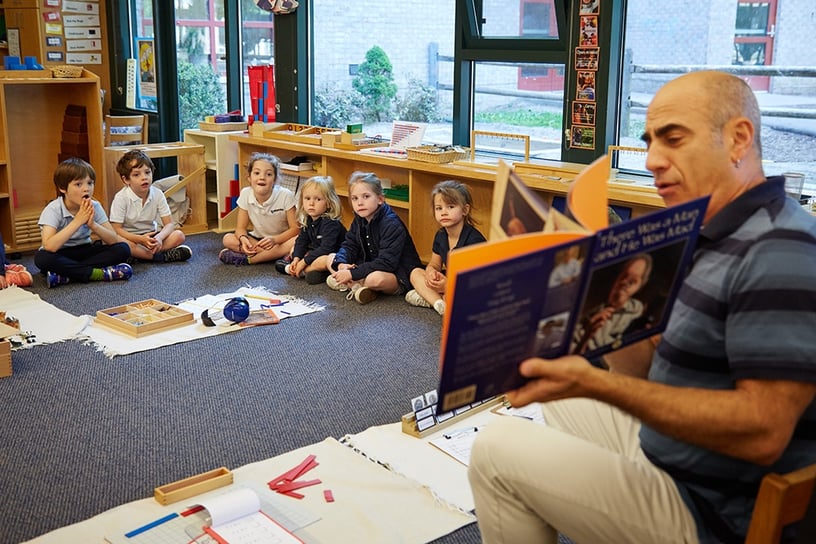Reading is one of the most important activities your child can engage in. Through reading, children can learn new things, develop new vocabulary, and explore interesting places.
Improving reading skills and developing a lifelong love for reading will also lead them to read more often. Your children do not have to read “classics” in order to improve their reading skills. They can become better readers—as well as more motivated ones—by reading newspapers, magazines, comic books, recipe books, maps, brochures, etc.
If you're a parent of an English as an Additional Language (EAL) student, the best way to help is to continue developing your child’s strength and proficiency in your first language. Continuing to speak to your child in your first language will ultimately help your child learn English. Additionally, encourage your child to read and write in your first language as your child will develop skills that are transferable to reading and writing in English.
3 Mother Tongue Reading Tips to Remember
1. Text Variety is Important
While choice is motivational, variety is also important. Children need to read different types of text, including fiction, non-fiction, and poetry. In addition, they need to read books, magazines, newspapers, and resource materials. Finally, they need to read text on different topics.
For example, you may:
- Read and discuss the news. Help them understand main ideas and details in an article.
- Use editorials, articles, and cartoons to talk about the difference between fact and opinion.
2. Read aloud to your child
One of the most important things you can do to foster success in reading is to read aloud to your child. The benefits of reading aloud are greatest when the child actively participates in the conversation or discussion about the text being read. Reading comprehension skills are transferable in any language.
For example, you may:
- Ask numerous questions
- Ask questions that require your child to think about what they have read.
- Connect to the text—ask questions that require your child to make a connection or relate to reading.
3. Talk with your child
So this one isn't about reading but it's just as important for developing language. Engaging in talk with your child is fun and educational especially in your mother tongue. It encourages your child to:
- Think about ideas
- Exercise memory
- Reflect on what has happened
- Make connections between ideas and events
- Tell a complete story
- Give complete descriptions
Children love to hear stories about family, culture, traditions, and where they come from. Developing speaking skills to articulate ideas and be an active listener in conversations will build up transferable stamina and understanding in speaking and listening.



